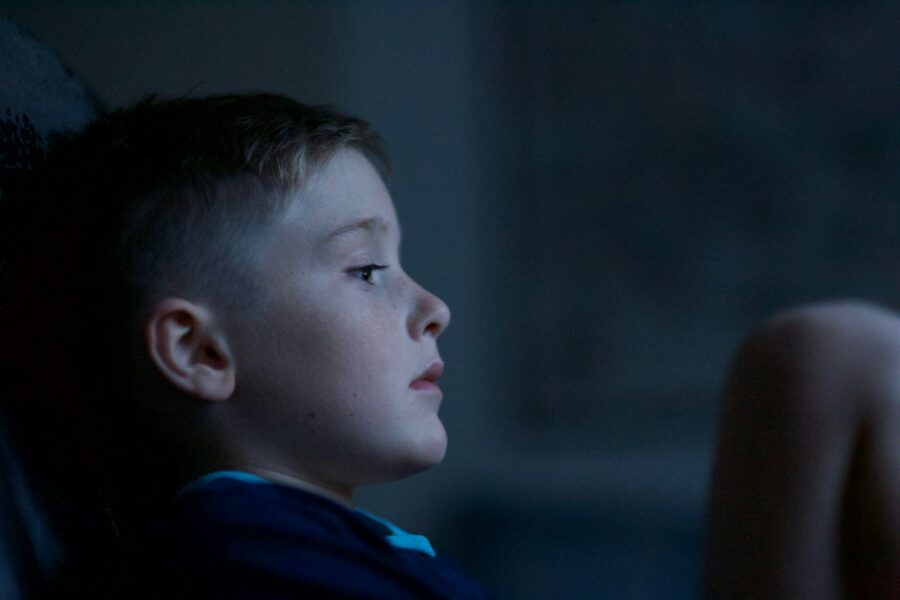
PARENTAL ALIENATION – ALIENATED CHILD (NOW AN ADULT) RESPONDS
I recently received some important feedback concerning a parental alienation case. The email was from the alienated child (now an adult). His point is that things are not always what they seem to be when we look only at a reported case decision. My response is that as adults we must be so very careful to never engage in behaviours that will damage a child. Here is our exchange (identifying details have been redacted):
I would just like to comment about the X v. X case law, that you have referenced on your website. I am one of the children in that case, and the “case” didn’t end after that. After one year, of being sent back to live with my mother, and her alienating me and my brother from our father, I was sent back to live with my father within 11 months, which were my wishes to begin with. I feel that before quoting and referencing case law, you should know all facts, and the fact that Judge Y’s final decision, cause more pain and the actual parental alienation as oppose to what is stated in the reported case decision. My brother, Z, was alienated from our father for 3 years after I fought to be able to live with him. Here is my response: Mr. X: I certainly do appreciate your comment on my analysis at my website. My comment was based strictly on what I had read in the published case report. Such case reports have precedential value. We lawyers and judges look at these case reports. Where similar later cases come before the courts, then we adopt the reasoning of the previous judge to the extent that it is appropriate to the new case at hand. That’s how jurisprudence develops in common law jurisdictions such as Canada.
It would have been highly improper for me to have contacted either of your parents, you, or your brother. That would have been a gross violation of privacy rights. What “really” happened makes a great deal of difference of course to those impacted by separation and divorce and family conflict. For purposes of the legal analysis, all that matters is how the judge reported the facts, the judge’s reasoning, and the statutes and case law upon which the judge relied. I certainly meant absolutely no offence to you or to anyone in your family. I was only analyzing what I read in the published case report. (In Great Britain, all family cases use initials only. That would be, in my view, a welcome reform in Canada. Quebec uses numbers for the most part, but not always.)
Events often turn out much differently than the judge or custody assessor or therapist or the family members themselves even contemplate. Human nature and experience is like that. My own personal view is that Parental Alienation is a very bad thing, no matter which parent (or grandparent or other main player) engages in it. Your view seems to be that the parent whom Justice Y saw as innocent or the victim, was in fact the real alienator. Parental Alienation is a scourge upon the innocent children. When parents place their kids in impossible loyalty binds it does real damage to the kids. My writing and legal practice tries to help the kids whom I always place first regardless of which parent I may be representing. My public advocacy work (Canadian Equal Parenting Council, Lawyers for Shared Parenting, etc.) is directed at making separation and divorce less traumatic for kids.
As I recall from Justice Y’s decision and as evident from your kind email to me, it is clear that you and your brother were most unfairly traumatized by your experience as kids while your parents battled. I hope that when you marry or partner with someone and have kids that you will not repeat the mistakes that others have made. It is important that we adults always first our kids and do not allow our own hurts, disappointments, anger, etc to interfere with our responsibilities to parent our kids in a manner that allows them to develop in a healthy fashion and to enjoy decent relationships with BOTH parents and extended families. Now, that might sound somewhat idealistic and even naive to you, Mr. X. But it is what I believe and I will continue to do what I can to make Canada’s family law system support such values.
Again, I thank you most sincerely for sharing your thoughts with me.




